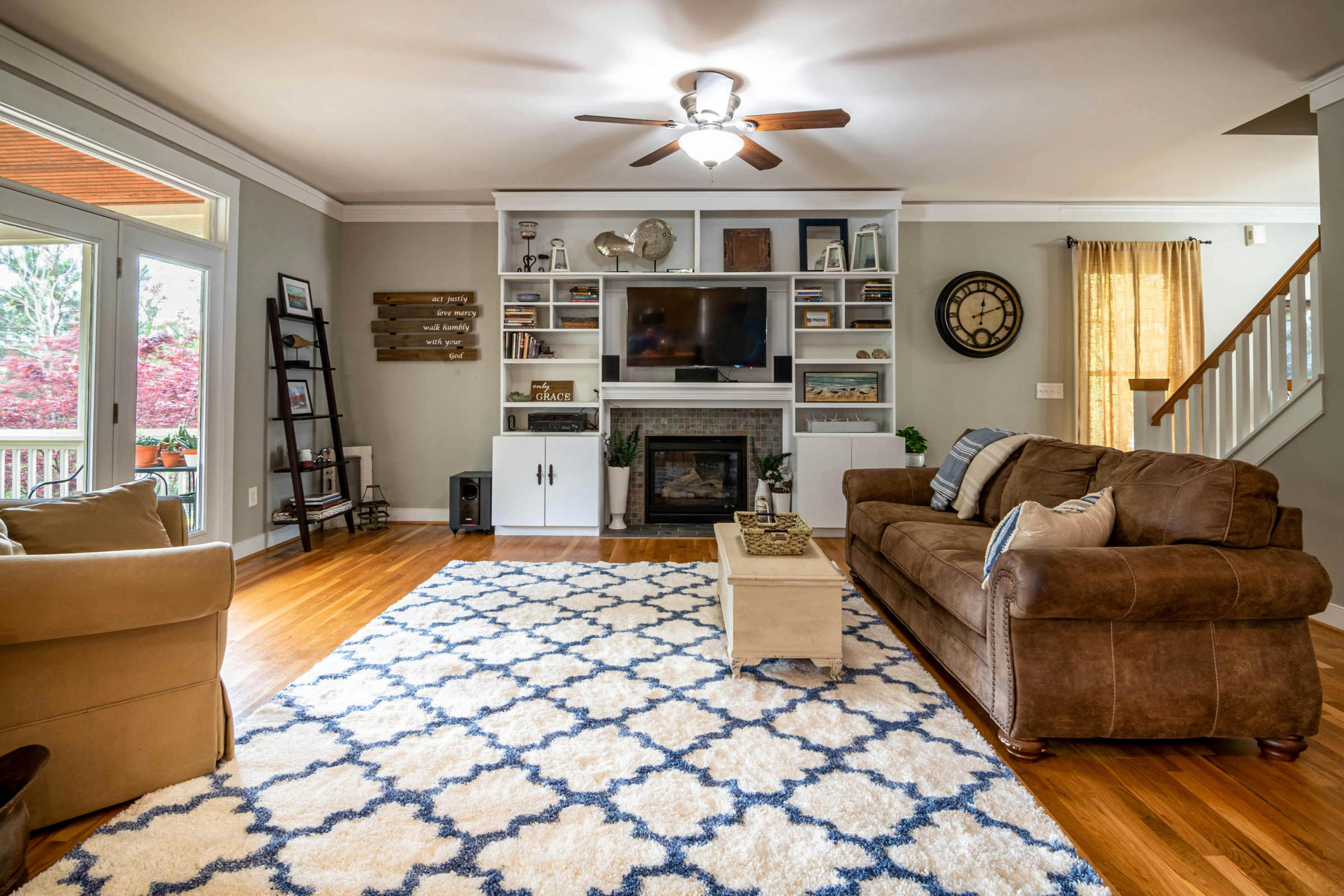
How to Handle Rent Negotiations with Tenants
Rent negotiations are part of being a landlord. Here’s how to balance tenant requests with market data, protect your income, and use Rentest reports to strengthen your position.
How to Handle Rent Negotiations with Tenants
At some point, every landlord will face a rent negotiation—whether with a new applicant asking for a discount or a long-term tenant looking to renew at a lower rate. Handled well, these conversations can save you from costly vacancies without sacrificing long-term profitability.
Here are practical tips to help you manage rent negotiations while protecting your bottom line.
Do Your Homework with Market Data
Go into any negotiation armed with numbers. Start by checking current rents for similar properties in your area. Tools like Rentest make this easy, giving you 10 verified comps per property and branded reports you can share with tenants to justify your pricing.
Tracking rental trends in your city also matters. If rents are rising steadily, you can justify moderate increases with data. If vacancy rates are climbing, you may need to be more flexible to stay competitive.
Know the Rules
Always check local rental laws before increasing rent. Some areas cap rent hikes or require 30–90 days’ notice. Staying compliant keeps you out of legal trouble and ensures negotiations stay professional.
Understand Your Tenants
Good tenants are worth keeping. If you have renters who pay on time and care for the property, consider small concessions or alternative perks such as upgraded appliances, free parking, or flexible lease terms instead of cutting rent too much.
Use Negotiation Tactics Wisely
- Highlight moving costs: remind tenants that moving can easily cost $1,000–$2,500
- Offer gradual increases: spread rent hikes over 6–12 months
- Leverage lease length: longer leases can justify stable pricing
- Document agreements: always record negotiated terms in the lease to avoid disputes
Know When to Walk Away
If a tenant demands a rate far below market or refuses to compromise, it may be better to prepare for turnover. Protecting long-term profitability is more important than holding onto a lease at an unsustainable rate.
Final Take
Rent negotiations don’t have to be confrontational. By combining market research, legal awareness, and professional communication, landlords can strike agreements that keep tenants happy and income steady.
Need leverage in your next negotiation? Generate a free Rentest report today and walk into the conversation with data that speaks for itself.